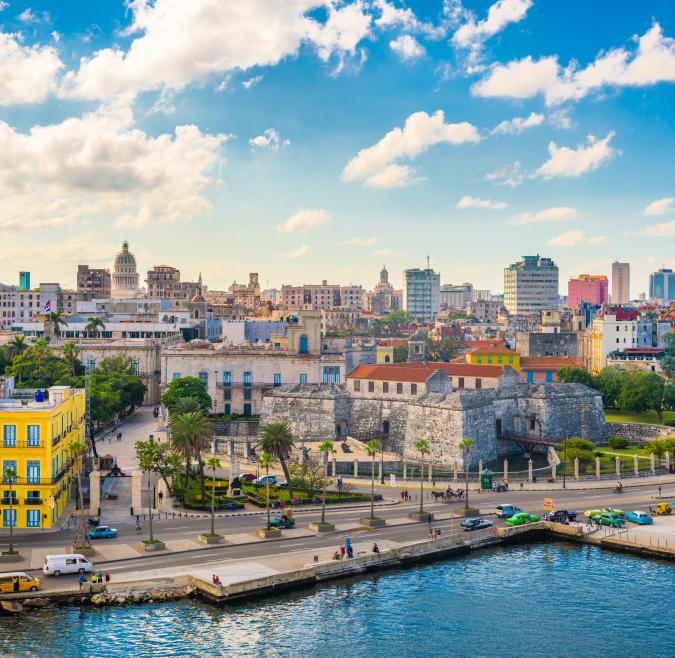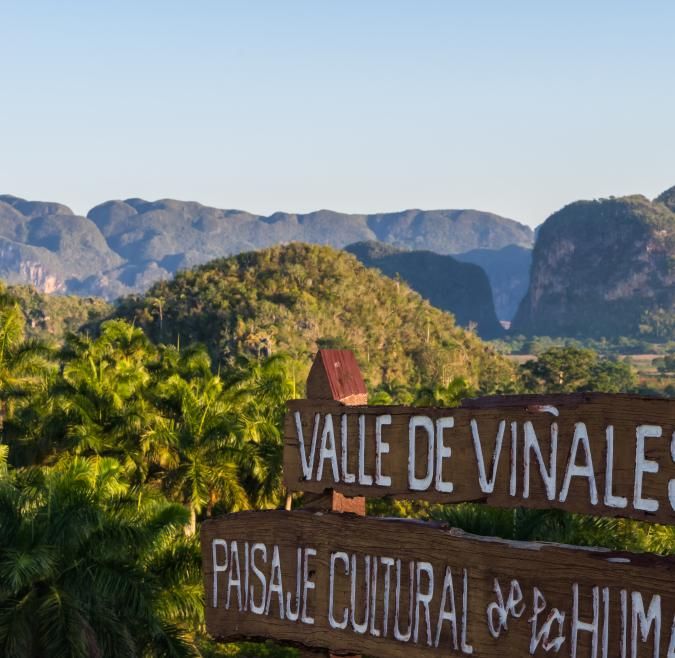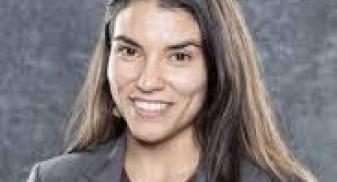Embedded Spring: Exploring Education in Cuba
The Program
Experience Education in the Global South
This course is set up for students to experience education in the Global South. Education in both the traditional sense (PreK-12) and non-traditional sense, looks beyond the four walls of the classroom. It includes community engagement, agricultural practice, cultural knowledge, and the arts. This immersive course uses the principles of community-based learning and engagement.

Program Locations

Cuba
Havana
Havana, the capital city of Cuba, is a vibrant cultural hub known for its rich history, colorful colonial architecture, and dynamic arts scene. As the political, cultural, and economic center of the country, Havana offers a unique blend of traditional Cuban life and modern development. The city is also home to the prestigious University of Havana, one of the oldest universities in Latin America, offering students a chance to engage with local scholars and explore Cuba’s educational system firsthand. Visitors can explore historical landmarks, engage with local communities, and learn about Cuba’s revolutionary history and its impact on education, politics, and culture.

Cuba
Viñales
Viñales, located in western Cuba, is a UNESCO World Heritage Site renowned for its stunning natural landscapes, including the lush Viñales Valley and distinctive limestone mountains known as mogotes. This rural area is deeply connected to Cuba’s agricultural traditions, especially tobacco farming. Nearby, the University of Pinar del Río offers students opportunities to explore rural education, sustainable agriculture, and environmental studies. A visit to Viñales provides insights into rural Cuban life and highlights the important role of the environment in Cuban education and culture.
These destinations, along with their universities, provide contrasting perspectives on Cuban life, enriching students’ academic and cultural understanding.
Academics
This course (21:300:260, Exploring Education Abroad) is a general education course offered through the Department of Urban Education and cross listed with the Honors Living Learning College (HLLC). The prequalifying course satisfied the “Other Liberal Arts” requirements within the core curriculum for all undergraduate students.
The program consists of lectures from Cuban educators, mostly from the University of Havana in the morning, and afternoon excursions visiting community projects that will allow students to interface with Cubans from various community. Students will have an opportunity to practice their Spanish during these interactions with Cuban community members.
Course objectives are as follows:
-
Understanding that learning and education take place beyond the classroom.
-
Identifying and challenging Western influence on the Global South in education and beyond.
-
Expanding students’ awareness of The African Diaspora connected with education and curriculum.
The program will adopt a multi-faceted pedagogical approach that emphasizes experiential learning, critical reflection, and creative expression:
- Experiential Learning: Through site visits and interactions with local experts, students will gain firsthand knowledge and practical insights.
- Guided Reflection: Regular journaling exercises will encourage students to process their experiences and connect them to academic concepts.
- Visual Literacy: The photo essay project will develop students' ability to communicate ideas and experiences through visual means.
- Project-Based Learning: The creation of a travel pamphlet or curriculum guide will allow students to synthesize their learning and present it in a practical format.
Housing and Meals
The program includes 7 nights in Havana, where students will stay in double occupancy rooms at a hotel. Breakfast is included at the hotel and all lunches are included with the program. A welcome and farewell dinner is included with the program.
One night is spent in Viñales, where students will stay with host families in double occupancy rooms. All breakfasts and lunches are included. Dinner in Vinales is also included in the program.
Financial Information
Program Costs
| All students | |
|---|---|
| Program Cost | $3,890 |
Program Cost includes:
- 1 credit Tuition
- Airfare
- Housing
- Group airport transfer
- Transportation for program activities
- Most meals
- Excursions
- e-visa for Cuba
- Administrative Fees
- Emergency Medical Access Abroad
Out-of-Pocket Costs
| Additional meals | $100 |
| Books and Classroom Materials | $50 |
| Personal Expenses | $100 |
| Total | $250.00 |
Out-of-Pocket Cost includes:
The above costs are estimations and represent the known out-of-pocket costs students encounter during their time abroad.
Some of these expenses will be paid for prior to going abroad, such as an airline ticket, while some of these expenses, such as meals and personal expenses, will be paid in-country as part of your daily expenses. As you plan, you will need to budget these costs and spend wisely throughout your time abroad.


